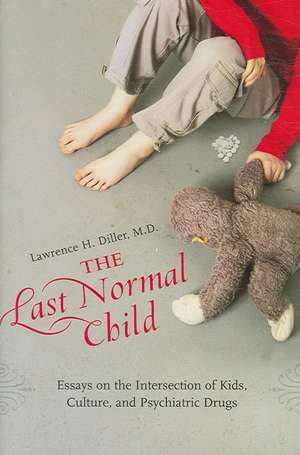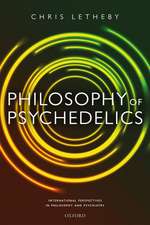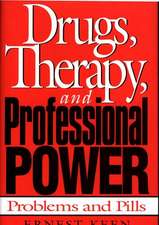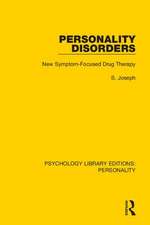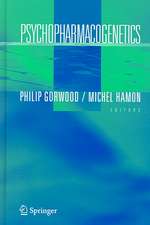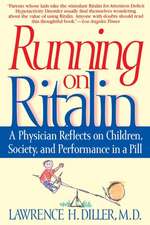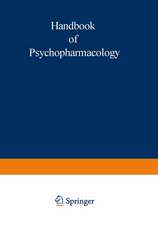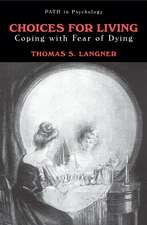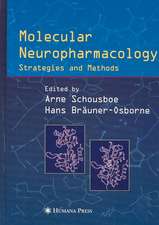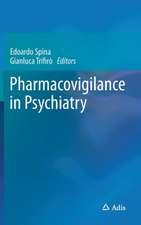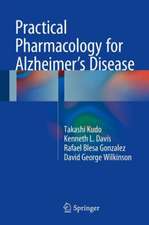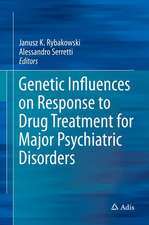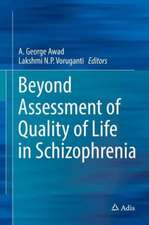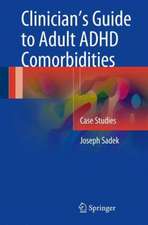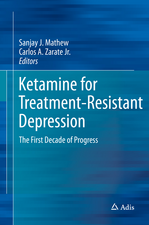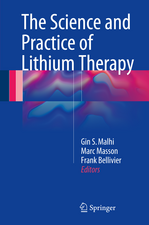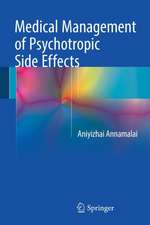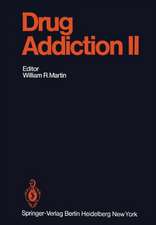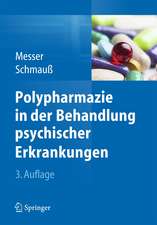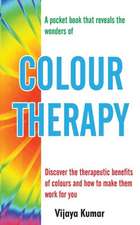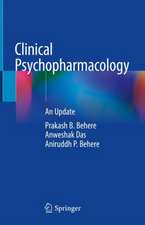The Last Normal Child: Essays on the Intersection of Kids, Culture, and Psychiatric Drugs: Childhood in America
Autor Lawrence H. Diller M.D.en Limba Engleză Hardback – 29 aug 2006 – vârsta până la 17 ani
Preț: 362.88 lei
Preț vechi: 555.75 lei
-35% Nou
Puncte Express: 544
Preț estimativ în valută:
69.45€ • 75.41$ • 58.33£
69.45€ • 75.41$ • 58.33£
Carte tipărită la comandă
Livrare economică 22 aprilie-06 mai
Preluare comenzi: 021 569.72.76
Specificații
ISBN-13: 9780275990961
ISBN-10: 0275990966
Pagini: 160
Dimensiuni: 156 x 235 x 18 mm
Greutate: 0.4 kg
Editura: Bloomsbury Publishing
Colecția Praeger
Seria Childhood in America
Locul publicării:New York, United States
ISBN-10: 0275990966
Pagini: 160
Dimensiuni: 156 x 235 x 18 mm
Greutate: 0.4 kg
Editura: Bloomsbury Publishing
Colecția Praeger
Seria Childhood in America
Locul publicării:New York, United States
Notă biografică
Lawrence H. Diller, M.D., is a pediatrician who specializes in child behavior and development.
Recenzii
The author is a behavioral-developmental pediatrician with over 20 years of experience in treating problems of behavior and learning in children at home and at school. His previous books on drug use include Running on Ritalin (1998) and Should I Medicate My Child? (CH, Oct'02). In this work he identifies and discusses problems associated with the increasingly widespread use of Ritalin--not only in children with suspected attention deficit hyperactivity disorder (ADHD), but also in young adults (primarily college-age students, before taking the SAT or other tests), and even in adults who wish to improve their intellectual performance. (The Ritalin production rate has increased an astounding 1,700 percent in the US in the last 15 years; the US consumes 80 percent of the world's Ritalin.) The well-written chapters are short essays, each reflecting the author's experiences. Readers will encounter no forced preaching; Diller lets his audience draw its own conclusions..Highly recommended. All levels.
It cannot be denied that Diller's essays provoke an existential itch..Diller has done us a favor in demonstrating how ADHD occupies a pregnant cultural moment through which psychiatrists will help define future conceptions of nothing less than what it means to be normal.
This text maintains the same high quality of the other volumes in this set and is very readable. Diller's writing style is informal and easy to digest. His many personal accounts dealing with the families of children diagnosed with ADHD give a fresh spin on academic work..[a]nyone with an ADHD child should read this text for the clarity it brings to bear on a somewhat complicated issue. Diller has done a wonderful job of explaining pharmacotherapy for children, and many people will benefit from reading about his experiences.
The past few decades have seen both skyrocketing rates of children diagnosed with psychological disorders and a related rise in prescriptions for psychiatric drugs. In The Last Normal Child, Lawrence Diller offers a balanced perspective on these trends, focusing mostly on ADHD and its treatment by stimulant medications..[t]he humility found in the book's uncertainty is ultimately comforting in its own way, and is clearly the main reason that so many families continue coming to Diller for help.
Diller has witnessed a dramatic change in the kinds of children who are brought to him for behavioural problems by their parents. He aims a great deal of his ire at Big Pharma itself, for pathologizing childhood before offering its E-Z solution. He cites TV ads in which parents, asked if their kids are having trouble with homework, are soothingly offered Ritalin as a solution.
The Last Normal Child, explores the root causes of the surge in psychiatric drug treatment for children and suggests different approaches.
It cannot be denied that Diller's essays provoke an existential itch..Diller has done us a favor in demonstrating how ADHD occupies a pregnant cultural moment through which psychiatrists will help define future conceptions of nothing less than what it means to be normal.
This text maintains the same high quality of the other volumes in this set and is very readable. Diller's writing style is informal and easy to digest. His many personal accounts dealing with the families of children diagnosed with ADHD give a fresh spin on academic work..[a]nyone with an ADHD child should read this text for the clarity it brings to bear on a somewhat complicated issue. Diller has done a wonderful job of explaining pharmacotherapy for children, and many people will benefit from reading about his experiences.
The past few decades have seen both skyrocketing rates of children diagnosed with psychological disorders and a related rise in prescriptions for psychiatric drugs. In The Last Normal Child, Lawrence Diller offers a balanced perspective on these trends, focusing mostly on ADHD and its treatment by stimulant medications..[t]he humility found in the book's uncertainty is ultimately comforting in its own way, and is clearly the main reason that so many families continue coming to Diller for help.
Diller has witnessed a dramatic change in the kinds of children who are brought to him for behavioural problems by their parents. He aims a great deal of his ire at Big Pharma itself, for pathologizing childhood before offering its E-Z solution. He cites TV ads in which parents, asked if their kids are having trouble with homework, are soothingly offered Ritalin as a solution.
The Last Normal Child, explores the root causes of the surge in psychiatric drug treatment for children and suggests different approaches.
